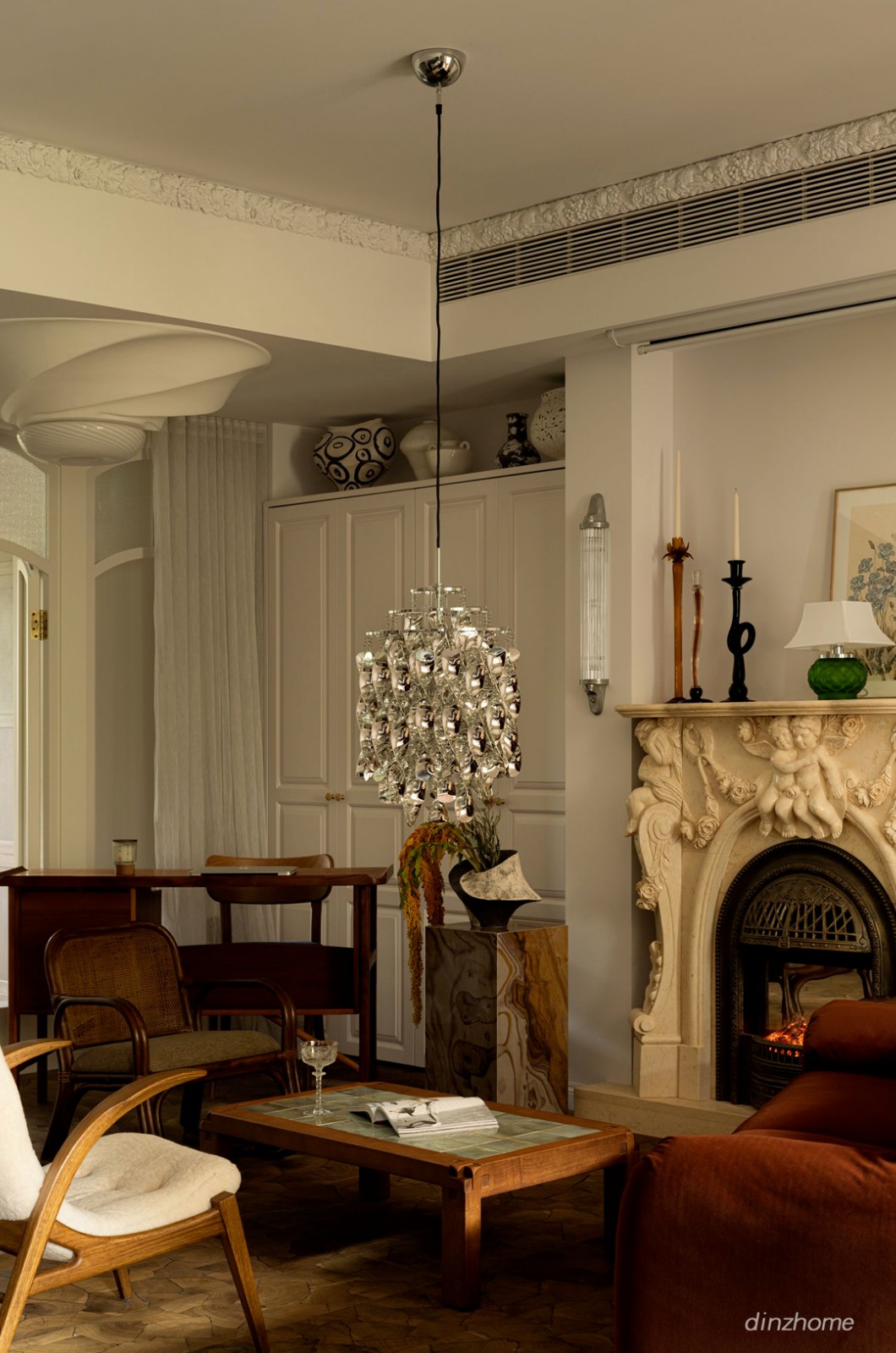Gangjin Children Center JYA
2013-03-18 01:00
Sannaedeul儿童中心是来自低收入家庭的孩子们最珍贵的地方-位于朝鲜半岛最东南端的一个小海滨村庄-马阳。这是孩子们唯一的游乐场、学习场所和避难所。这个中心扮演着另一个家和社区的角色,在那里他们彼此分享并产生了充满希望的梦想。
Sannaedeul Children’s Center was the most precious place for children from low-income familiesin Maryang, a small seaside village located at the far southeast end of the Korean peninsula. It was the only playground, learning arena and shelter for the children. The center acted as another home and community in which they shared and grew hopeful dreams with one another.
然而,当2012年夏天一场毁灭性的飓风袭击这个村庄时,这些梦想似乎已经结束了。中心被彻底摧毁,什么也没有留下。只是为了找到废墟,孩子们每天放学后仍然来到现场,在曾经是他们另一个家的废墟上玩耍。
However, the dreams seemed to have ended when a devastating hurricane hit the village last summer of 2012. The center was totally destroyed and left with nothing. Only to find the rubble of the building, the children still came to the site everyday after school and played on the ruins of what once was another home of theirs.
幸运的是,韩国的主要广播“SBS”和“韩国儿童基金会”都听到了这一消息,他们同意赞助并启动重建中心的项目。许多其他的公共和私营公司也加入了这个项目,为重新建立孩子们的梦想提供了动力。
Fortunately, the news was heard by Korea’s major broadcast “SBS” and “Childfund Korea” who agreed to sponsor and launched the project of rebuilding the center. Many other public and private companies also joined the project, giving a momentum to build the children’s dream again.
设计的线索是在孩子们自己画的一个新中心的图片中找到的。战略必须明确。它是通过重复和转换一个简单的“房子形状”的空间来创造各种和丰富的空间,这个空间是孩子们画出来的。必要的程序将嵌入到该卷中。在设计开发过程中,我们还想找出意想不到的有趣的空间和场景。
The clue for design was foundamong the pictures of a new center drawn by the children themselves. The strategy had to be clear. It was to create various and plentiful spaces by repeating and transforming a simple “house-shaped” space suggested in the children’s drawings. Necessary programs were to be embedded into that volume. Then, they had to be connected with and divided by one another by the needs as well.In addition, we wanted to find unexpected interesting spaces and scenes being created in the process of design development.
因此,中心可以有一个动态形状的屋顶,通过上述反复和转变的房屋形状。屋面形态创造了丰富的内部空间,同时也体现了不同的外部表现形式。重叠的屋顶也给渔村马阳的孩子们带来了海浪的形象。为了进一步激发孩子们的想象力,我们还在天花板下安装了鱼形乐器和蓝光,给出了游泳鱼的形象。
As a result, the center could have a dynamic-shaped roof by the aforementioned repeated and transformed house shapes. The roof shape has createda plentiful inner space anddiverse expressions of exterior at the same time. The overlapped roof has also brought up the image of the sea waves to the children of Maryang, the fishing village. To further stimulate children’s imagination, we also installed fish-shaped instruments and blue lightings under the ceiling, giving the image of swimming fish.
Courtesy of JYA-RCHITECTS
该中心的目标是拥有明亮和温暖的内部通过宽窗户获得足够的自然照明的海边。一楼的多用途大厅被扩大到开放的室外空间.二楼的自习室与一个带滑梯的露台相连,孩子们可以在上面玩耍,俯瞰世界上最美的海滨景色。我们希望没有边界的内外空间,以及游戏和学习的儿童在中心。
The center was aimed to have bright and warm interiors by getting enough natural lighting of the seaside through wide windows. The multi-purpose hall of a ground floor was extended to open outdoor space. And the study room on the second floor was connected to a terrace with a slide on which the children can play, looking over the most beautiful seaside view of the world. We hoped that there is no border between inside and outside space as well as playing and studying for children in the center.
 举报
举报
别默默的看了,快登录帮我评论一下吧!:)
注册
登录
更多评论
相关文章
-

描边风设计中,最容易犯的8种问题分析
2018年走过了四分之一,LOGO设计趋势也清晰了LOGO设计
-

描边风设计中,最容易犯的8种问题分析
2018年走过了四分之一,LOGO设计趋势也清晰了LOGO设计
-

描边风设计中,最容易犯的8种问题分析
2018年走过了四分之一,LOGO设计趋势也清晰了LOGO设计


























































.jpg)

.jpg)

.jpg)

.jpg)

























